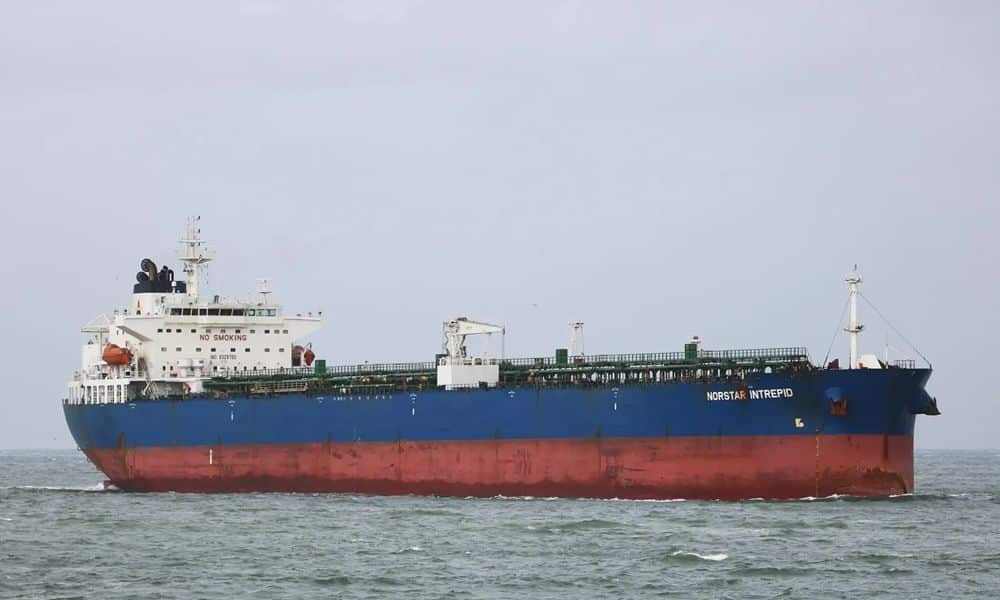Finnish court drops Baltic subsea cable case against Eagle S crew
Finnish Court Dismisses Charges in Baltic Sea Cable Incident

A Finnish district court has ruled against prosecuting the captain and two officers of the Eagle S tanker, concluding that Finland lacks jurisdiction over the damage caused to critical subsea infrastructure in the Baltic Sea last year. This decision marks a significant moment in maritime law, particularly concerning incidents involving subsea power and telecommunications cables. The case stemmed from an incident in December, when the vessel allegedly dragged its anchor across the seabed, severing vital connections between Finland and Estonia.
Details of the Incident and Legal Proceedings
The incident occurred in the Gulf of Finland, where prosecutors claimed that the Cook Islands-flagged Eagle S dragged its anchor for approximately 90 kilometers, resulting in the severing of the Estlink 2 power cable and four data communication cables. The crew, consisting of a Georgian captain, a Georgian first officer, and an Indian second officer, faced charges of aggravated criminal mischief and aggravated interference with telecommunications. They denied any wrongdoing, asserting that the anchor had dropped unnoticed due to malfunctions in the vessel’s winch system.
Finnish Police Carry Out Tactical Boarding of Suspected Sabotage Ship
Prosecutors argued that the crew exhibited gross negligence, pointing to the poor condition of the winch as a contributing factor. They sought prison sentences of at least two and a half years for the officers. Additionally, cable operators filed damage claims amounting to tens of millions of euros. However, the court ultimately determined that Finnish criminal law could not be applied to the case, as the damage occurred in international waters. In its ruling, the court stated, “The District Court has today issued a judgment dismissing the charge in the case… along with the claims for damages arising from the charge, as it was not possible to apply Finnish criminal law to the case.” Following the ruling, no charges were filed against the ship’s owner, and the tanker was released in March.
Implications for Maritime Security
This incident is part of a broader pattern of cable and pipeline outages in the Baltic region, particularly following Russia’s invasion of Ukraine. The increasing frequency of such incidents has prompted NATO forces to enhance their regional patrols and monitoring of subsea infrastructure. The dismissal of charges in this case raises questions about accountability and jurisdiction in international waters, especially as nations grapple with the security of critical infrastructure. As maritime law continues to evolve, this ruling may set a precedent for how similar cases are handled in the future.
